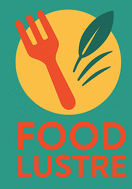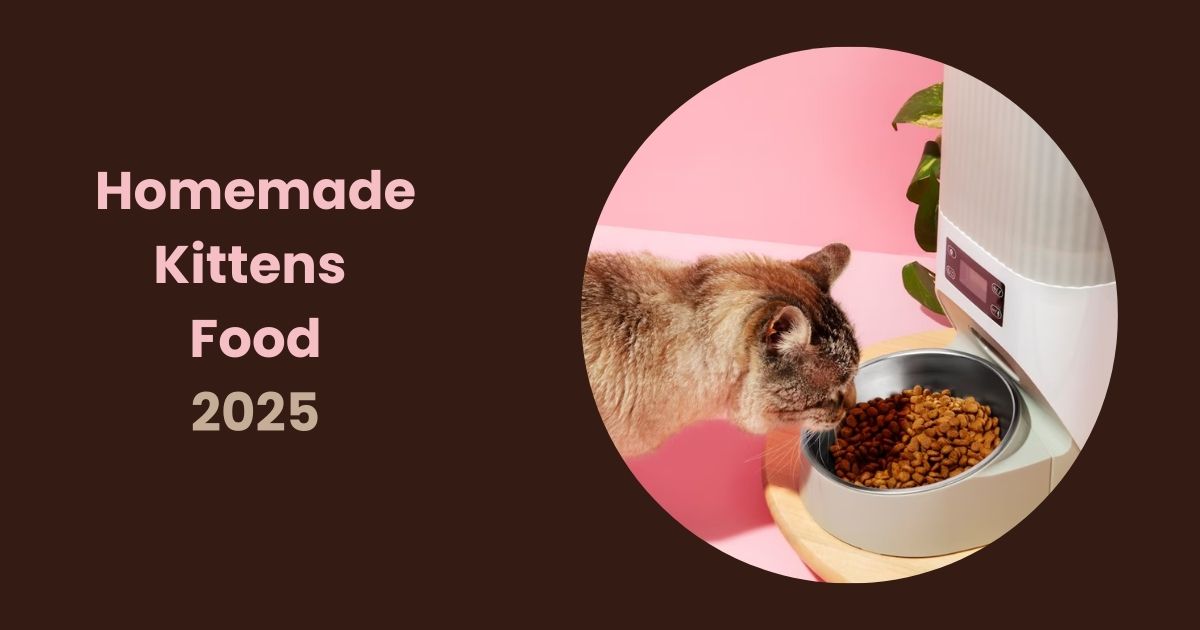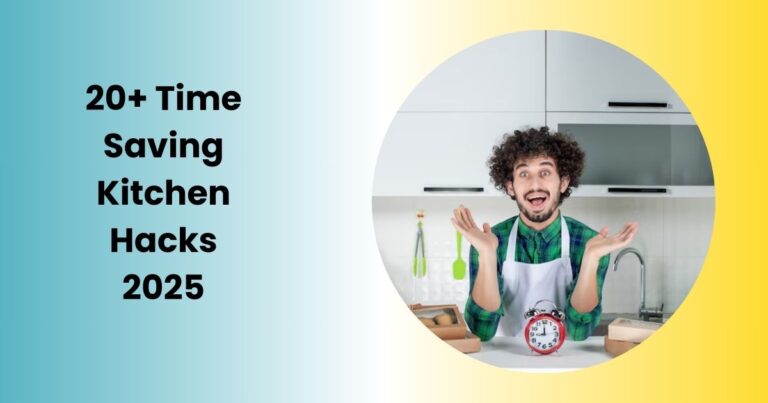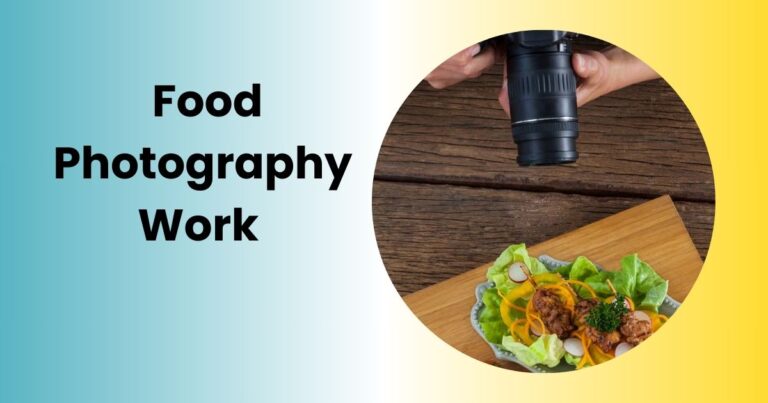Homemade Cat Food With A Focus On Kittens Food Nutrition (2025)
Are you aware that feeding your kittens food the wrong type of food can lead to serious health issues down the line? Choosing the right kittens food is more than just a matter of preference; it’s essential for their growth and vitality.
Will guide you through the intricacies of kitten nutrition, from understanding their unique dietary requirements to selecting high-quality brands. Get ready to learn how to give your kitten the best start in life!
Kittens Food: Nutritional Benefits

When it comes to the nutritional benefits of homemade food for cats and kittens, the advantages extend far beyond mere sustenance. Tailoring meals with high-quality ingredients allows pet owners to provide their furry companions with optimal nutrition, ensuring they receive essential vitamins, minerals, and proteins that are often lacking in commercial pet food.
Fresh meats, vegetables, and grains can be combined to create well-rounded diets that not only satisfy a cat’s palate but also enhance their overall health and vitality.
Homemade meals also promote better digestion and can help prevent common health issues such as obesity or allergies. By controlling the ingredients, pet owners can avoid fillers and artificial additives that may contribute to digestive upset or skin irritations. Moreover, the bond between owner and pet deepens when preparing homemade meals, as the act of cooking becomes an expression of love and care.
For kittens food, especially, a nutrient-rich diet is crucial for their growth and development; it lays the foundation for a strong immune system and healthy bones. Ultimately, investing time in crafting nutritious homemade food can lead to happier, healthier cats who thrive both physically and emotionally.
Kittens Food: Freshness & Quality
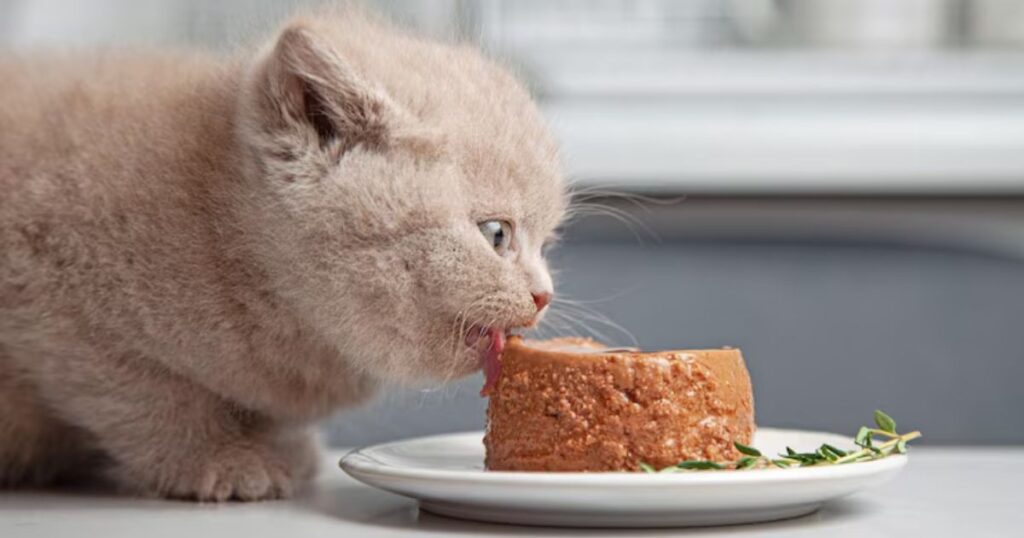
When it comes to homemade cat kittens food, the freshness and quality of ingredients can make all the difference in your feline’s health. Using fresh, organic meats and vibrant vegetables ensures that each meal is packed with essential nutrients that support your cat’s immune and digestive systems.
High-quality ingredients not only enhance the flavor but also contribute to a shiny coat and healthy skin. By avoiding harmful chemicals, artificial colors, and preservatives, you can provide your beloved pet with a diet that mirrors their natural eating habits.
Incorporating healthy fats into your cat’s diet is another crucial aspect of freshness and quality. These fats are vital for energy and play a significant role in maintaining optimal coat health.
When crafting homemade meals, consider using fresh ingredients sourced from local farmers or trusted suppliers; this not only supports community agriculture but also guarantees that your cat receives the best possible nutrition. Emphasizing freshness means every bite is a step towards a healthier, happier life for your furry companion.
Tailored to Specific Health Needs

Creating homemade cat food allows pet owners to tailor their feline’s diet specifically to their health needs, an approach that can significantly enhance their well-being. By customizing the ingredients based on age, size, activity level, and any existing medical conditions, you can provide a balanced meal that addresses particular health concerns.
For instance, overweight cats may benefit from low-calorie meals made with lean protein sources like turkey or chicken, combined with vegetables such as spinach and zucchini to boost fiber without adding extra calories.
As cats age, their metabolism slows down, and they often require higher protein and healthy fats to maintain muscle mass and energy levels. Senior cats can thrive on diets rich in digestible proteins, which help support their changing nutritional needs.
Adjusting portion sizes is crucial; this not only aids in calorie control but also ensures that your cat receives the right nutrients without overfeeding. By taking the time to craft a customized diet, you’re not just feeding your cat—you’re investing in their long-term health and happiness.
Control Over Ingredients
When you have full ingredient control, you unlock the ability to elevate your meals into something extraordinary. Choosing organic beef or grass-fed beef not only enhances flavor but also ensures that you’re investing in high-quality nutrition for your body.
These meats are often free from harmful additives, allowing you to enjoy clean alternatives that are better for both your health and the environment. The shift towards sourcing natural ingredients means that each bite is a celebration of authenticity, connecting you to the land and its sustainable practices.
Moreover, opting for free-range chicken empowers consumers to support humane farming practices while also enjoying meat that is richer in taste and nutrients. When there are no preservatives or dyes in your food, you can savor the true essence of each ingredient, fostering a deeper appreciation for what’s on your plate.
This conscious approach to ingredient sourcing transforms cooking from a mundane task into an art form, where every selection reflects personal values and a commitment to wellness. By embracing these choices, you not only nourish yourself but also contribute to a broader movement toward healthier eating and sustainable agriculture.
Common Mistakes to Avoid

One of the most common mistakes pet owners make when preparing homemade cat food is including too many carbs, particularly grains like corn and wheat. Cats are obligate carnivores, meaning their bodies are designed to thrive on animal-based proteins.
By relying heavily on plant-based ingredients, you not only disrupt their natural dietary needs but also risk missing out on essential nutrients such as taurine and vitamin A, which are crucial for heart and eye health. It’s vital to maintain an improper protein balance; high-quality protein sources should be the cornerstone of any feline diet.
Additionally, overlooking the importance of micronutrients can lead to serious long-term health issues. A diet lacking in specific vitamins and minerals can affect your cat’s overall well-being, leading to problems with muscle growth and energy levels.
To support your furry friend’s vitality, ensure that their meals are rich in animal-based proteins and include a variety of organ meats, which provide a wealth of nutrients often absent in standard meat cuts. Remember, crafting the perfect homemade cat food requires a thoughtful approach—one that respects your pet’s carnivorous nature while fulfilling their nutritional requirements.
Key Nutrients Your Cat or Kittens Food Needs

A cat’s nutritional needs are a complex tapestry woven from essential nutrients that support their overall health and vitality. Central to this is protein, which should comprise a significant portion of their diet, ideally sourced from high-quality ingredients like chicken heart, liver, or fish such as salmon and sardines.
These protein sources not only provide the necessary amino acids for muscle development but also deliver crucial nutrients like taurine, vital for heart health and proper organ function. A balanced diet that includes these proteins can enhance your cat’s metabolism and energy levels, contributing to an active, playful demeanor.
In addition to protein, incorporating healthy fats like omega-3 fatty acids can offer significant benefits, particularly in reducing inflammation and supporting a glossy coat.
This is where a triple threat diet comes into play, combining high-quality proteins, healthy fats, and essential vitamins and minerals. Nutrients such as calcium and phosphorus are also critical for maintaining strong bones and ensuring optimal organ function.
By offering a mix of fresh foods along with ground bones or even calcium supplements, you can create a nutritional foundation that promotes longevity and well-being in your feline friend. Balancing these key nutrients is essential for fostering a robust immune system and overall vitality in your beloved companion.
Kittens Food: Consulting with a Vet
When considering a vet consultation, it’s essential to recognize that your pet’s dietary needs can significantly impact their overall health. A nutritionally complete diet tailored to your pet’s specific requirements is crucial, especially for those facing health conditions like kidney disease or allergies.
During your visit, discussing the potential benefits of incorporating supplements such as taurine and omega-3 fatty acids can provide additional health support. These nutrients not only promote heart health but can also help manage inflammation and skin issues, ensuring your furry friend feels their best.
Moreover, addressing weight issues during a vet consultation can pave the way for long-term wellness. If you’re contemplating homemade kittens food, a veterinarian can guide you on how to achieve a balanced diet that meets all nutritional needs while avoiding common pitfalls.
Incorporating multivitamins into your pet’s routine can also be a game-changer, filling in any gaps that might arise from changes in diet or health status. Ultimately, a proactive approach through regular vet consultations empowers pet owners to make informed decisions, fostering a happier, healthier life for their beloved companions.
How to Transition Your Feline to Homemade Kittens Food (Step-by-Step Guide)
Transitioning your feline from store-bought to homemade kittens food requires a thoughtful approach, as cats are habitual creatures that thrive on consistency. Begin by introducing the new diet gradually; mix small amounts of homemade food into their regular meals over a week or two.
This slow integration helps minimize digestive upset and keeps stress levels low, ensuring that your cat feels secure during this change in routine. Care and attention to their preferences can also make a significant difference—observe which ingredients they enjoy most and adjust accordingly.
To further ease the transition, consider creating a predictable feeding schedule that aligns with your cat’s natural instincts. Cats often prefer routine, so serving meals at the same time each day reinforces a sense of stability.
Monitor their response closely, as any signs of discomfort may indicate the need for a slower pace. A smooth transition not only promotes better digestive health but also fosters a stronger bond between you and your feline companion, showcasing your dedication to their well-being. Remember, patience is key; with time, your cat will likely embrace their new homemade diet enthusiastically.
Slow and Steady Wins the Race Kittens Food

When transitioning your cat to homemade kittens food, patience is key—after all, slow and steady wins the race. A well-structured transition plan over 7-10 days can significantly minimize digestive upset, which may include symptoms like vomiting, diarrhea, or bloating.
Start with Days 1-3, introducing a modest 25% Chicken & Pumpkin Stew into their diet. This gentle approach allows your kitten’s digestive system to adjust gradually, making them more receptive to the nutrient-rich recipes you’re eager to provide.
As you move into Days 4-6, increase the homemade food to 50%. During this phase, it’s essential to observe your cat closely for any signs of distress or loss of appetite. If digestive issues arise, don’t hesitate to revert to earlier stages; this gradual adjustment is vital for long-term success.
Finally, in Days 7-10, when your kitten is ready for 75% homemade food, you’ll likely notice a transformation—not just in their diet but in their overall vitality. This careful method not only ensures a smooth transition but also fosters a bond built on understanding your pet’s dietary sensitivity and needs.
Signs Your Cat or Kitten Is Thriving
A thriving cat or kitten radiates health and happiness, and their physical appearance is often the first indicator of their well-being. A shiny coat is a hallmark of a well-nourished feline, often resulting from a diet rich in essential nutrients—consider incorporating vet-approved recipes into your homemade cat food routine.
The texture and sheen of their fur can reveal much about their nutritional intake; a dull coat might suggest a need for dietary adjustments or a vet consultation to rule out underlying health issues.
Beyond appearance, energy levels and playfulness are critical signs of your pet’s vitality. A playful kittens food eagerly chasing after toys or engaging in spirited pouncing reflects an active, healthy lifestyle that fosters growth and development.
Likewise, a healthy appetite and normal eating habits indicate that your furry friend is thriving; keep an eye on their drinking patterns too. Sudden changes in behavior, lethargy, or a noticeable drop in their usual enthusiasm for play could signal a need for immediate attention, urging you to consult with your veterinarian for a comprehensive assessment. Ultimately, observing these health indicators can help ensure that your beloved pet enjoys a long, vibrant life.
Vet-Approved Homemade Kittens Food Recipes
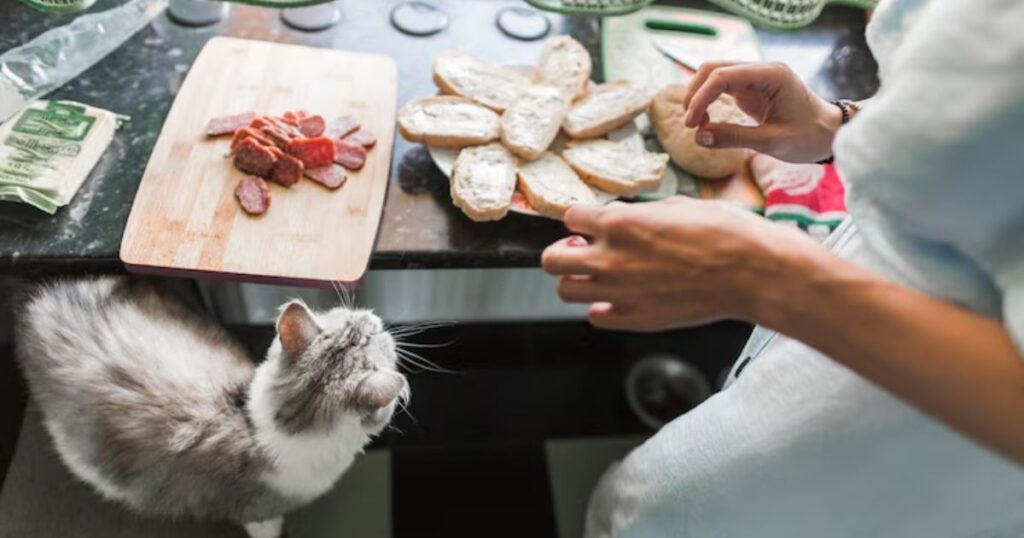
Crafting homemade kittens food can be a rewarding experience, especially when you understand the unique needs of your furry friend. A vet-approved recipe ensures that your little one receives the right balance of proteins, fats, and essential nutrients vital for their growth and development.
For instance, incorporating lean meats like chicken or turkey with a blend of cooked vegetables not only caters to their taste but also supports their digestive health. Experimenting with recipes can make mealtime more exciting and tailored to your kitten’s preferences.
As you embark on this nutritional journey, remember that different cat types may have varying dietary requirements. Kittens with sensitive stomachs might benefit from easily digestible ingredients, while those with more robust appetites may thrive on richer, protein-packed options.
By observing your kittens food reactions to new recipes, you can fine-tune their diet to meet their specific needs. This hands-on approach to cat nutrition not only fosters a strong bond between you and your pet but also empowers you as a caregiver dedicated to their well-being.
Also Read:Farmers Dog Packing: What You Need to Know Before You Start In 2025
Conclusion
Providing the right food for your kittens food is crucial for their growth and overall health. A balanced diet rich in essential nutrients will support their developing bodies and ensure they thrive during their early stages of life.
It’s important to choose high-quality kittens food that meets their specific dietary needs, as this will help prevent common health issues down the road. Additionally, always consult with your veterinarian to tailor a feeding plan that suits your kitten’s individual requirements. Remember, investing in your kitten’s nutrition now will lead to a happier and healthier feline companion in the future.
